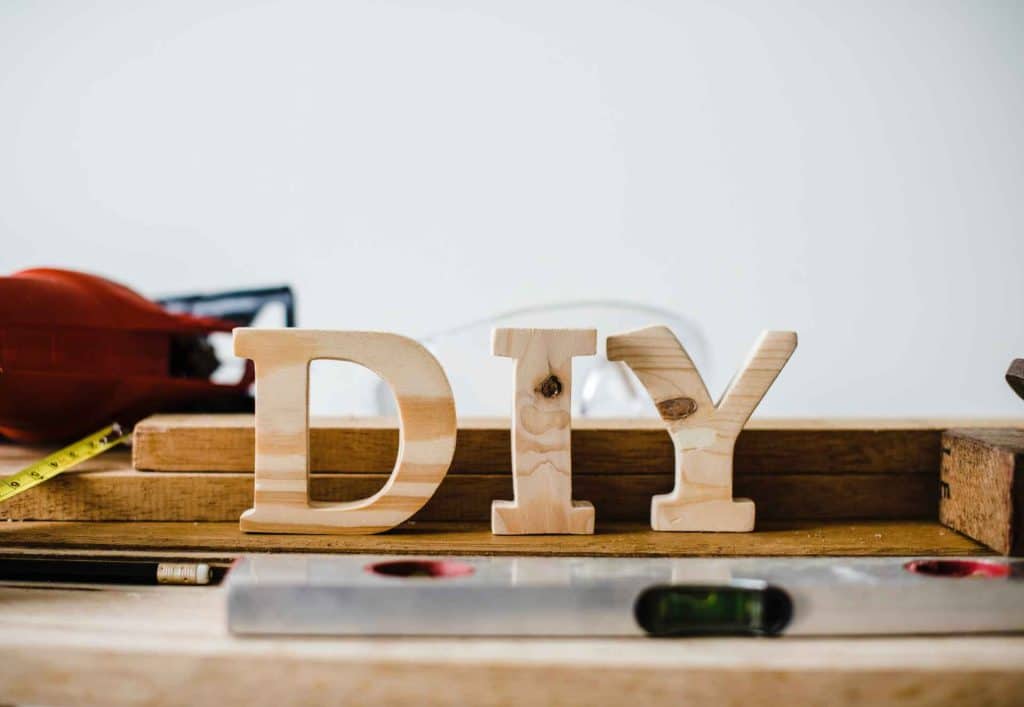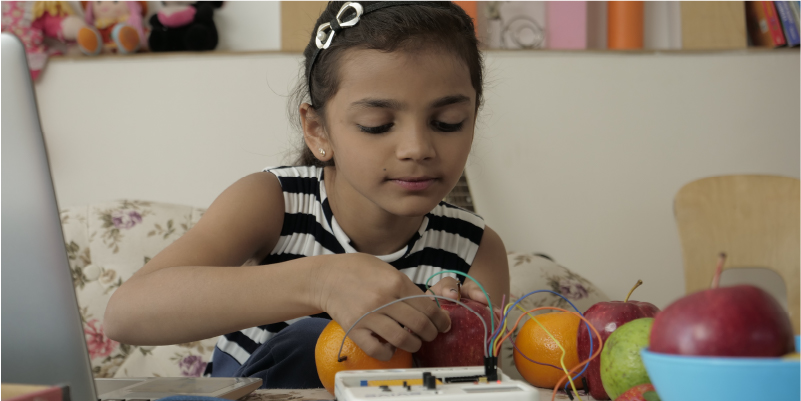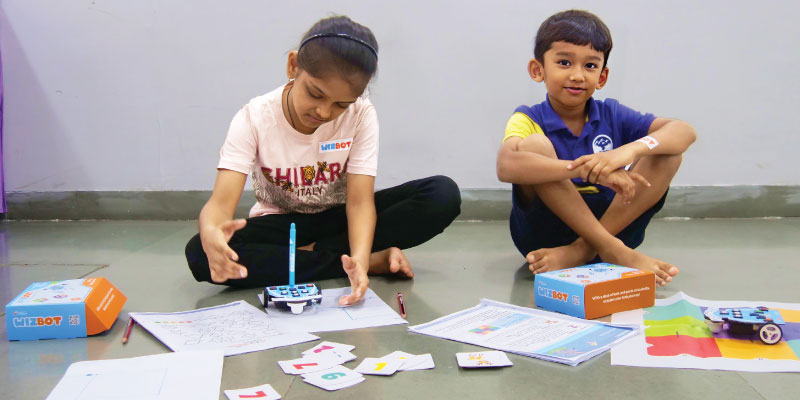Let us be honest with our selves – gone are the days when one needed to certified to be an electrical engineer to fit a light bulb or a mechanical engineer to fix cars. The world has moved forward to an era of ubiquitous information and that has empowered problem solving to a level which was never seen before. We are now in the prime of what is being called the Information Age.
But what does that have to do with DIY-ing? Well, as it turns out, free information leads to easier problem-solving. Here, in this context at least, problem-solving is not limited to solving problems from a book, but from the Real World. Let us have a brief look at some of the most lucrative benefits of DIY!
-
It’s in the Name
Well, look closely: DIY stands for Do it Yourself. The name itself suggests one of the strongest benefits of the activity – the ability to learn how to deal with problems on your own. Learning something on your own from scratch can be overwhelming and challenging but equally rewarding. The reward will not only empower you to look at the world with an entirely new perspective but also enable you to create, solve and innovate.
-
The Knowledge is Retained
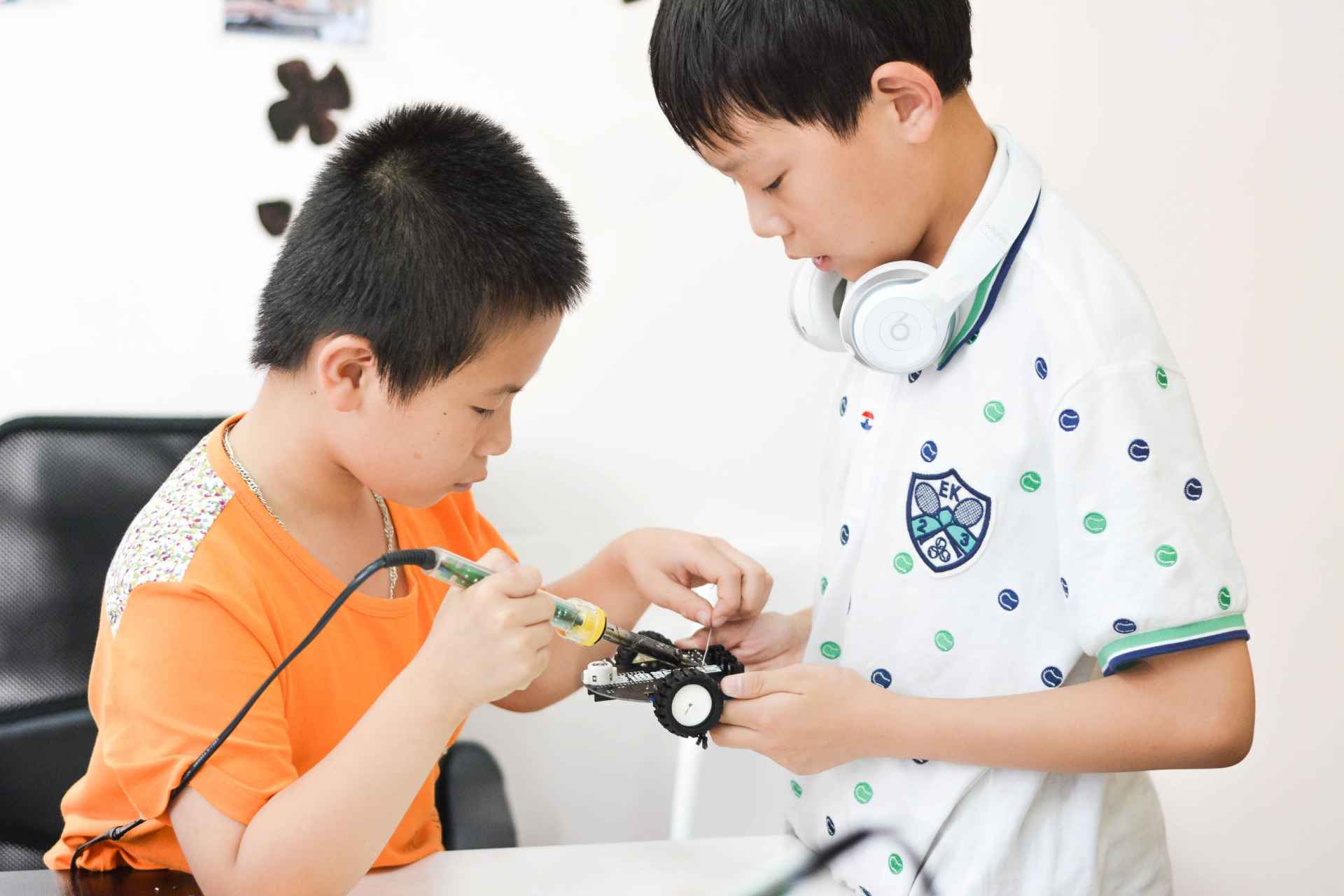
This, although is an inherently obvious benefit, the knowledge learned from experiential learning sticks around a lot more than stuff learned from conventional sources of knowledge. This is actually because the student not only learns abstract knowledge but also sees his acquired abstract knowledge in practice. Learning from experience is something that has always been around! Think back to the time when you learned how to subtract a few numbers. The memory may be faint but it is still around and the concept remains crystal clear to you. Why is that so? Simply because when you got out of the classroom and bought a few items and had to expect change from the consecutive transaction, you had to subtract. A basic mathematical skill being learned from experience stuck around far more than a lot of others.
Similar to this, when one learns how to do things on their own, they not only experience it first hand, but also the knowledge is more practical and is better conceived.
-
The Intriguing Case of Mistakes
When was the last time when you studied something and learned something from your own original mistake? The textbooks these days eliminate the possibility of discovering profound mistakes that we usually overlook. These mistakes have been important in the evolution of knowledge as we know it.
When we learn things ourselves, the feedback loop of the learning system, which is a mistake, helps us to debug and correct the mistakes ourselves. In this way, the learner becomes more acquainted to the problems encountered in facing the real world.
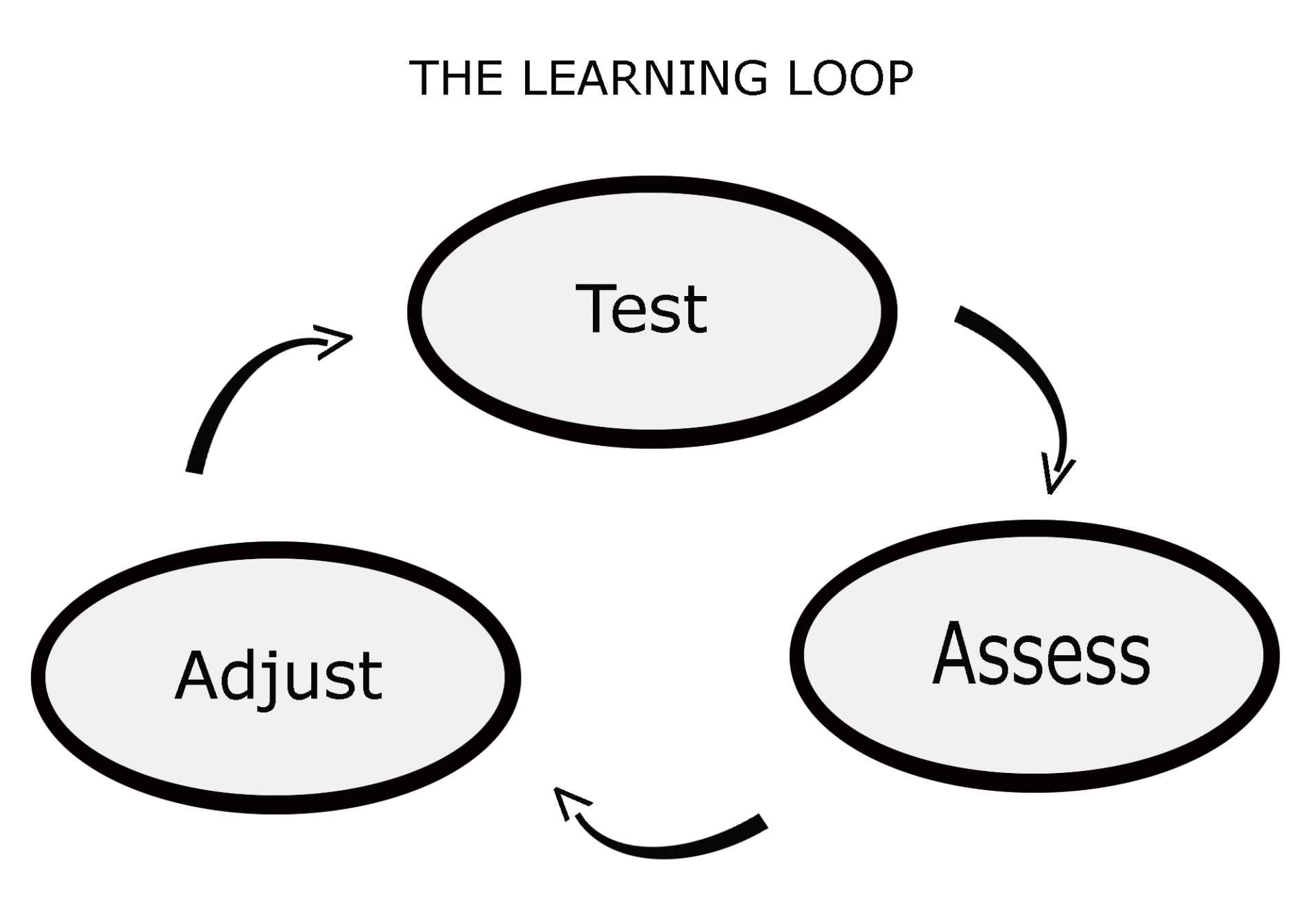
One such classic example is the one that comes up in engineering quite a few times. We all learn how motors work in our high school education, how Faraday’s laws govern the movement and how stuff happens. But when we actually see a Squirrel Cage 3-phase induction motor we are thrilled by the complex design and multiple things that are happening in the device. Isn’t it fervent to see that simple schematic diagram turn into a complex machine? This very case of increased complexity from the simple schematic diagrams is essentially removed from the learning curve in the case of DIY. And this is where mistakes play a strong role. Learning from mistakes is one essential aspect of learning and hence when one sees a complex machination and tries to learn from it, mistakes tend to teach much much more than any textbook ever could.
-
Become Sir Saves-A-Lot

Though the cognitive benefits outweigh all other benefits of DIY, one must always look at the monetary aspects of this activity. This implies that DIY outweighs other aspects of learning by eliminating a lot of expenses that come with anything that requires support in terms of tuition, assembly or other laborious tasks requiring skills in their own right. Saving money, however, comes at the cost of giving time to learn the skill from the information available to you. However, But the gamble turns out in your favor when you end up doing a task on your own, learning a new skill and also saving money by investing a tad bit extra time in the process that follows.
-
No Academic Barrier
One thing about project-based DIY learning is that it transcends the barrier set up by exams and the pressure thereof. Not only is the student free to learn what she wants but is also free to learn at her own pace. The only test of her knowledge being whether she was able to make the project work or not. Essentially, this removes all unwanted ambiguity of grades and their credibility. If you did it well, at a lower cost and the project works, you have passed the exam of the real world with flying colors!
In a Nutshell
DIY is here to revolutionize the way you learn. From learning by doing not only will you gather knowledge by experiencing it first hand but you will also be empowered to create more. With learning free from an academic barrier and exam pressure you end up being a top-notch patient problem solver.
Ba-Dum-Tss.

